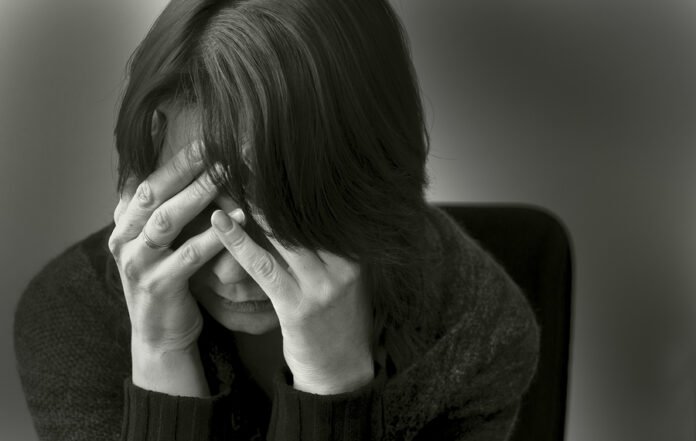Coping with Depression: Living with depression can be challenging and overwhelming, but it’s important to remember that you are not alone. This guide aims to provide you with practical strategies and tips to help you handle depression and take steps towards healing and recovery. By implementing these techniques into your daily routine, you can gradually regain control over your life and improve your mental well-being.
Read this also: Monsoon Woes: Unveiling the sea-food side-effects
Know these techniques to cope with depression
1. Seek Professional Help: Depression is a serious mental health condition that often requires professional assistance. Reach out to a licensed therapist or psychiatrist who can provide you with the necessary support, guidance, and treatment options. They can help you identify the root causes of your depression and develop an individualized plan for recovery.
2. Build a Support Network: Surround yourself with caring and understanding individuals who can provide emotional support. Share your feelings and experiences with trusted friends or family members who can offer a listening ear and encouragement. Consider joining support groups or online communities where you can connect with others who are going through similar challenges.
3. Practice Self-Care: Engaging in self-care activities is crucial for managing depression. Focus on activities that bring you joy, such as hobbies, exercise, or spending time in nature. Prioritize getting enough sleep, eating a balanced diet, and avoiding harmful substances like drugs and alcohol, as they can worsen depressive symptoms.
4. Establish a Routine: Creating a structured daily routine can provide a sense of stability and purpose, helping you combat depression. Set realistic goals for yourself and break them down into manageable tasks. Accomplishing even small goals can boost your self-esteem and motivation.
5. Challenge Negative Thoughts: Depression often brings about negative thinking patterns. Learn to identify and challenge these thoughts by questioning their validity and replacing them with more positive and realistic ones. Cognitive-behavioral therapy (CBT) techniques can be helpful in reshaping your thinking patterns.
6. Stay Active: Physical activity has been shown to have a positive impact on mental health. Engage in regular exercise, even if it’s just a short walk or gentle stretching. Exercise releases endorphins, which can improve your mood and reduce symptoms of depression.
7. Practice Mindfulness and Relaxation Techniques: Mindfulness meditation, deep breathing exercises, and other relaxation techniques can help calm your mind and reduce stress. Incorporate these practices into your daily routine to promote emotional well-being and reduce depressive symptoms.
8. Avoid Isolation: Depression often leads to social withdrawal, but it’s important to stay connected with others. Make an effort to maintain social connections, even if it feels challenging. Reach out to loved ones, attend social events, or join clubs or organizations that align with your interests.
Remember, overcoming depression takes time and effort. Be patient with yourself and celebrate even the smallest victories along the way. By implementing these strategies and seeking professional help when needed, you can gradually regain control over your life and find hope and healing in your journey towards recovery.



